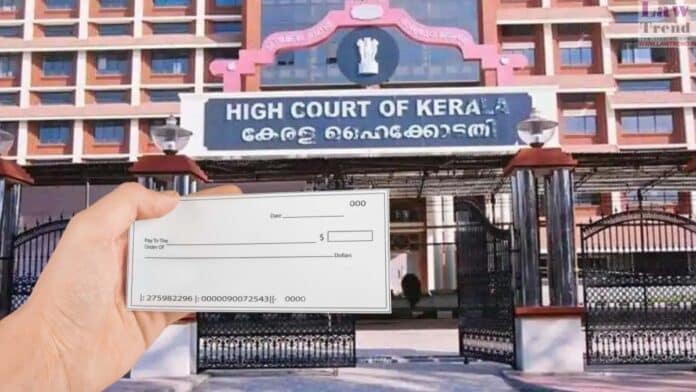The Kerala High Court, in a significant ruling, has held that the cause of action for filing a complaint under Section 138 of the Negotiable Instruments (N.I.) Act, 1881, arises only after the expiry of the statutory 15-day period for payment, even in cases where the legal notice sent to the drawer of the cheque
To Read More Please Subscribe to VIP Membership for Unlimited Access to All the Articles, Download Available Copies of Judgments/Order, Acess to Central/State Bare Acts, Advertisement Free Content, Access to More than 4000 Legal Drafts( Readymade Editable Formats of Suits, Petitions, Writs, Legal Notices, Divorce Petitions, 138 Notices, Bail Applications etc.) in Hindi and English.




